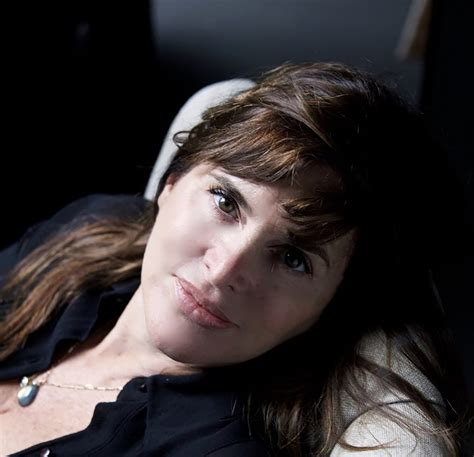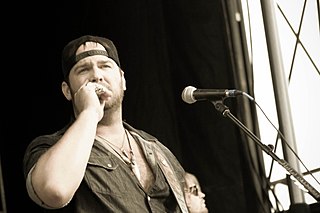A Quote by Janine di Giovanni
In America, people know there are always 10 people better than them who are after their job. In France, they know that too - but no one is going to get their job till they go to their grave.
Related Quotes
I think that one of the things that we have to recognize is that the longer somebody doesn't have a job, the harder it is to get a new job. You know, the reality is that if you're out of job, and you're looking for a job, then the new employer's going to say, 'Well, why, you know, don't you have a job now? What's wrong with you?'
In the strengthening the core job, a leader can draw on their past experiences. After all, in most cases they did the job of the people that are reporting to them! So they know when something is screwed up, they know the risks worth taking, and they know the corners to cut. But when they are creating the new, no one knows what the right answer is.
My job is to not be easy on people. My job is to make them better. My job is to pull things together from different parts of the company and clear the ways and get the resources for the key projects. And to take these great people we have and to push them and make them even better, coming up with more aggressive visions of how it could be.
Once you're finally in a place at Saturday Night Live that you're really comfortable, that's when you should probably be leaving, unfortunately. I think most people stay two or three years longer than they should, because it's very simple, the vacations are great, and you get good at what you do. It's like any job, you're like, "Oh, I know how to do this." You know it's a temporary thing, but it's easy not to walk away from. You find yourself going, "I'll leave next year, or I'll leave the year after." But it's a job you probably shouldn't be at for longer than five years, to be honest.
































